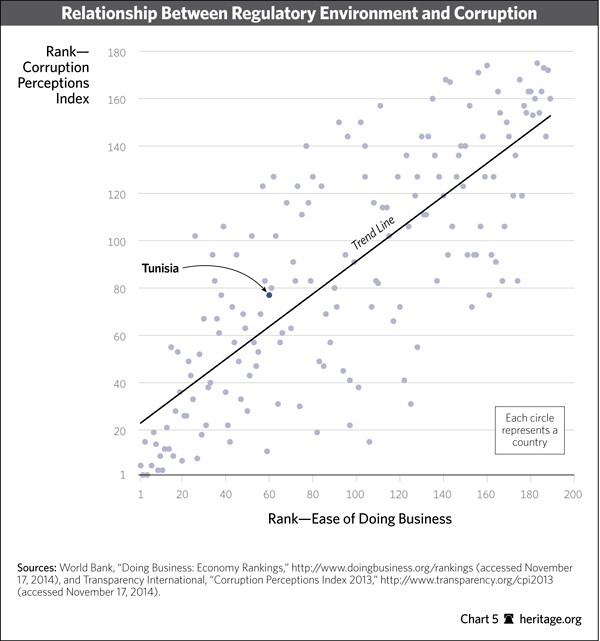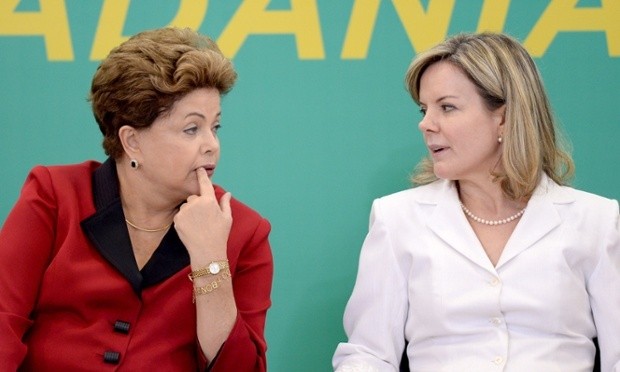Brazil Economy Facts Population GDP Inflation Business Trade Corruption
Post on: 24 Май, 2015 No Comment

Quick Facts
- Population:
- 198.3 million
- $2.4 trillion 2.3% growth 2.6% 5-year compound annual growth $12,221 per capita
- 6.6%
- 6.2%
- $64.0 billion
Embed This Data

Brazil’s economic freedom score is 56.6, making its economy the 118th freest in the 2015 Index. Its score is 0.3 point worse than last year, reflecting declines in half of the 10 economic freedoms including investment freedom, the management of government spending, and monetary freedom. Brazil is ranked 21st out of 29 countries in the South and Central America/Caribbean region, and its overall score is below the world average.
Over the past five years, Brazil’s economic freedom has advanced by less than 0.5 point. Improvements in financial freedom and freedom from corruption have been largely offset by deteriorations in the area of regulatory efficiency, including business freedom and labor freedom.
The negative economic impact of stagnant economic freedom has largely been masked by strong growth driven by high commodity prices over the past decade, but a deteriorating international environment and diminished growth expectations have brought these structural issues to the forefront. More broad-based and consistent reforms will be needed to guarantee long-term economic development.
Background
Preparations for the 2014 World Cup and 2016 Rio Olympic games have tested President Dilma Rousseff’s government. Public discontent was reflected in the unexpectedly strong showing by Socialist Party candidate Marina Silva, but Rousseff was re-elected to a second term in October 2014. Brazil is spending heavily to host marquee sporting events, but Brazilians resent the fact that they are left to contend with poor public services, antiquated and insufficient infrastructure, high taxes, inflation, corruption, and sluggish economic growth. Brazil’s “Bolsa Família,” a conditional cash transfer program for the poor, has helped the government to win support in some sectors. Brazil is the world’s seventh-largest economy, and its population of almost 200 million is heavily concentrated on the Atlantic coast. The middle class is growing, and millions have been lifted out of poverty, but government intervention in the economy continues to cause the misallocation of capital and limit mobility, fueling a sense of injustice.














